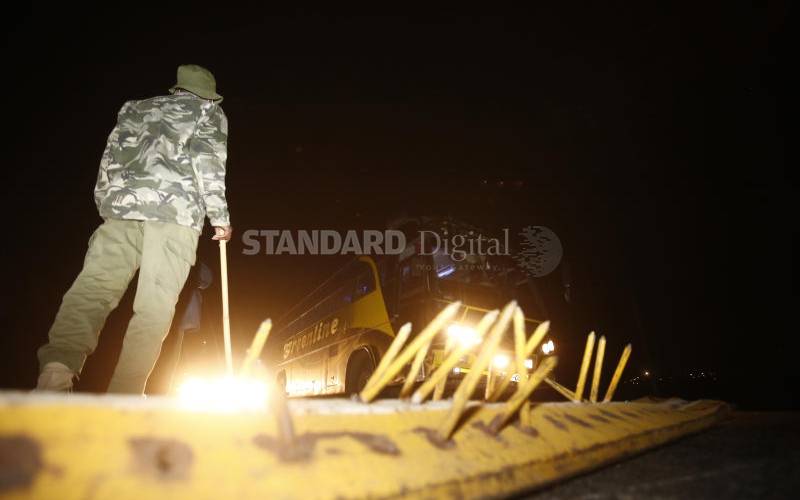×
The Standard e-Paper
Stay Informed, Even Offline

And so, we went full circle and found ourselves right where we were a year ago; lockdown and more than 2,000 people dead, 100,000 infections and no lessons learnt.
For a moment, forget about the ghastly gaffes in President Uhuru Kenyatta’s address that portrayed the frightening miscoordination in the bureaucracy.